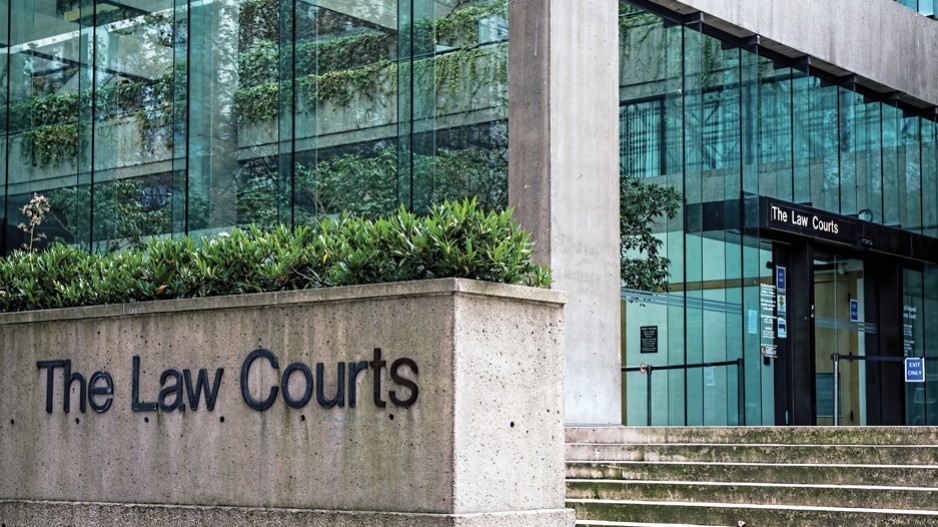A Vancouver art teacher was found not guilty Dec. 23 of two sexual touching charges, despite one of the B.C. Supreme Court’s top judges finding the alleged victim’s testimony more credible and reliable.
Shaozhai Zhai Chen, 51, was charged with sexual interference and invitation to sexual touching. He denied he put his hands down the pants of a nine-year-old student and denied that he had put that student’s hand on his penis, over his clothes, during art classes at his Vancouver home in March 2021.
Chen denied that the sexual touching ever took place. He testified that he only touched the student intentionally to correct posture while the student was drawing or painting, or to admonish the student’s fidgeting.
“The evidence in this case leaves me strongly suspecting that Mr. Chen touched [the child] under [the child’s] pants as…described,” said Associate Chief Justice Heather Holmes in her oral ruling. “However, the evidence does not give me confidence on that point, beyond a reasonable doubt.”
A finding of guilt does not require absolute certainty, she said, “but it does require more than a strong suspicion.”
Holmes said Chen’s evidence was not compelling, but she could not reject it entirely.
At the trial, the alleged victim testified remotely via Microsoft Teams from a support centre in Vancouver, that on a number of occasions, when seated at an easel, Chen put his hand down the back of the complainant’s pants to touch the front. The complainant used a scooping motion to demonstrate the manner in which Chen allegedly moved his hand from back to front. The complainant also testified that Chen asked if it was itchy and said not to tell parents of the touching.
But Holmes said some of the complainant’s evidence was conflicting, including the timing of the alleged incidents and whether there was a parent or another student present.
“[The child’s] uncertainty or discomfort in remembering or describing this conduct, do not reduce the credibility of…evidence,” Holmes said. “However, together with the associated absence of detail, they leave…evidence about this allegation as little more than a bare assertion of the conduct … described with little context against which to assess its reliability. [The child’s] evidence, even standing on its own about this allegation, would not be sufficient to prove the allegation beyond a reasonable doubt.”
To some extent, Holmes said, she agreed with the Crown that Chen’s evidence “included damaging inconsistencies.” For instance, he overemphasized his strict and demanding approach as a teacher and the non-compliance of the complainant.
Chen submitted evidence at trial of photographs of students, including the complainant, in his living room studio drawing or painting in positions that he testified were incorrect. Chen said he usually took such photos to publish on WeChat for promotional purposes.
“It is inconceivable, in my view, that Mr. Chen would have used photos such as these for promotional purposes, if, as he testified, the proper approach and his reputation as a strict teacher in this way were as important to him as he testified,” Holmes said.
Chen had no real explanation for why he did not correct the students’ positions before taking the photos and was not clear about any other purposes of the photos. While Holmes said that reflected poorly on Chen’s reliability as a witness, she took into account he testified through a Mandarin interpreter.
“I allow that some nuances may have been lost in that process, either in the questions asked of him or the responses he gave,” she said.



